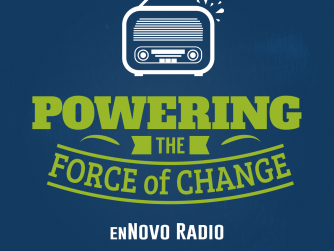
Despite being the largest health insurer in the country (pending the merger of Aetna and Cigna), United Healthcare is leaving ObamaCare in 2017 in all but a handful of states. Why?
“The smaller overall market size and shorter-term higher risk profile within this market segment continue to suggest we cannot broadly serve it on an effective and sustained basis,” said CEO Stephen Hemsley in the company’s quarterly earnings conference call.
In other words, for United, it’s not a sustainable business model. Those who gained insurance through the exchange were less healthy than anticipated, meaning the company paid more claims out.
Because of this issue, other insurers are expected to raise premiums next year to make up for financial losses. Other insurers are considering exiting from the market altogether.
But why is this a big deal?
In a study released Monday, April 18, 2016, by the Kaiser Family Foundation, the effect of a United Healthcare exit from the exchanges would would be felt most in the South and Midwest. According to the study,
If United were to withdraw from all states, 532 counties would go from having three insurers to two, while another 536 counties would go from having two insurers to just one. The net effect of a United exit would be that 532 more counties in the U.S. would have just one or two insurers on the exchange. Combining these counties with the 1,121 counties that already had one or two insurers would mean that just over half (53%) of U.S. counties would have one or two exchanges insurers.
It would hit rural areas harder. The study notes:
The areas where United currently participates are somewhat less rural than the areas where it does not participate. In the 1,855 counties where United offers exchange coverage in 2016, 18% of the population lives in rural areas, while across the 1,287 areas where United did not participate, 25% of the population lives in rural areas. Even so, because rural areas typically have fewer insurers , United’s withdrawal would have a more pronounced effect on insurer participation in rural regions.
In the 532 counties where a United exit would result in a drop from three to two insurers, a disproportionately large share (26%) of the population lives in rural areas. And in the 536 counties where the company’s withdrawal would leave just one insurer, an even larger share (35%) of the population lives in rural areas.
So the significance of United leaving the marketplace boils down to access. With limited choices in insurance, comes limited choices in care, which means that people who need care may not be able to get the care they need.
Sources:
Analysis of UnitedHealth Group’s Premiums and Participation in ACA Marketplaces
The country’s largest health insurance company is almost entirely quitting Obamacare







